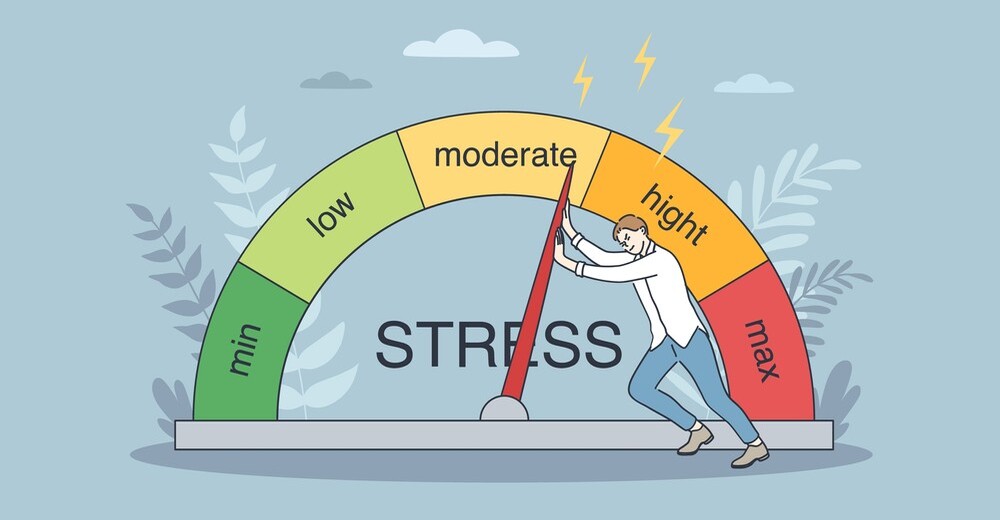Nutrition is the cornerstone of a healthy life, but what exactly does it mean? If you’re new to the world of healthy eating, understanding nutrition basics can feel overwhelming. This beginner’s guide breaks down what nutrition is, why it’s essential, and how you can apply simple principles to improve your well-being.
What Is Nutrition?
At its core, nutrition is the process by which your body takes in and uses food to support growth, repair, and overall health. It involves consuming nutrients—substances in food that provide energy, build tissues, and regulate bodily functions. By mastering nutrition basics, you can make informed choices to fuel your body effectively.
Nutrition isn’t just about eating; it’s about eating the right foods in the right amounts. A balanced diet provides the nutrients your body needs to function at its best, from boosting immunity to supporting mental clarity.
Why Nutrition Matters
Good nutrition is vital for every aspect of health. Here’s why understanding nutrition basics is a game-changer:
- Energy and Vitality: Nutrients like carbohydrates and fats provide the energy you need for daily activities.
- Disease Prevention: A balanced diet rich in vitamins and minerals can reduce the risk of chronic diseases like heart disease and diabetes.
- Mental Health: Proper nutrition supports brain function, improving mood and focus.
- Physical Performance: Whether you’re an athlete or just staying active, nutrients fuel muscle growth and recovery.
Poor nutrition, on the other hand, can lead to fatigue, weakened immunity, and long-term health issues. By prioritizing nutrition basics, you set the foundation for a vibrant, healthy life.
The Building Blocks of Nutrition: Key Nutrients
To grasp nutrition basics, you need to know the main types of nutrients and their roles in the body. These are divided into macronutrients and micronutrients.
Macronutrients
Macronutrients are needed in large amounts and provide energy. They include:
- Carbohydrates: Your body’s primary energy source, found in foods like whole grains, fruits, and vegetables. Choose complex carbs (e.g., brown rice) over simple sugars for sustained energy.
- Proteins: Essential for building and repairing tissues, proteins are found in meat, fish, eggs, beans, and nuts.
- Fats: Healthy fats, like those in avocados, olive oil, and nuts, support brain health and hormone production. Avoid trans fats found in processed foods.
Micronutrients
Micronutrients are needed in smaller amounts but are just as critical. They include:
- Vitamins: These support various functions, like vitamin C for immunity or vitamin D for bone health. Fruits, vegetables, and fortified foods are great sources.
- Minerals: Calcium, iron, and potassium are examples that support bones, blood, and muscle function. Leafy greens, dairy, and lean meats are mineral-rich foods.
Water: The Unsung Hero
Water isn’t a nutrient, but it’s vital for digestion, temperature regulation, and nutrient transport. Aim for 8–10 cups daily, adjusting based on activity level and climate.
How to Build a Balanced Diet
Applying nutrition basics to your daily life starts with building a balanced diet. Here’s how to do it:
- Eat a Variety of Foods: Include colorful fruits and vegetables, whole grains, lean proteins, and healthy fats to ensure you get a range of nutrients.
- Portion Control: Even healthy foods can lead to weight gain if overeaten. Use tools like portion plates or mindful eating to stay on track.
- Limit Processed Foods: Foods high in sugar, salt, and unhealthy fats offer little nutritional value. Opt for whole, unprocessed foods whenever possible.
- Read Food Labels: Check for added sugars, sodium, and nutrient content to make informed choices.
- Plan Your Meals: Meal prepping helps you stick to healthy eating habits, even on busy days.
A simple way to visualize a balanced plate is the “MyPlate” model: fill half your plate with fruits and vegetables, a quarter with lean protein, and a quarter with whole grains, with a side of dairy or a calcium-rich alternative.
Common Nutrition Myths Debunked
As you dive into nutrition basics, you’ll encounter myths that can confuse your journey. Let’s clear up a few:
- Myth: Carbs Are Bad: Carbohydrates are essential for energy. The key is choosing whole, unprocessed carbs over refined ones.
- Myth: All Fats Cause Weight Gain: Healthy fats are crucial for health and can even aid weight management when eaten in moderation.
- Myth: Supplements Replace a Balanced Diet: While supplements can help fill gaps, they can’t replicate the full benefits of whole foods.
Tips for Beginners to Embrace Nutrition Basics
Ready to put nutrition basics into action? Here are practical steps to start your journey:
- Start Small: Swap one unhealthy snack for a nutrient-rich option, like fruit or nuts.
- Educate Yourself: Use reliable resources, like government nutrition guidelines or registered dietitians, to learn more.
- Cook at Home: Preparing your own meals gives you control over ingredients and portions.
- Stay Consistent: Small, sustainable changes lead to long-term success over drastic diets.
- Listen to Your Body: Pay attention to hunger and fullness cues to guide your eating habits.
The Role of Nutrition in Long-Term Health
Mastering nutrition basics isn’t just about short-term benefits—it’s an investment in your future. A nutrient-rich diet can:
- Support healthy aging by maintaining muscle mass and bone density.
- Reduce the risk of obesity and related conditions like type 2 diabetes.
- Enhance mental resilience, lowering the risk of depression and anxiety.
By making informed food choices today, you’re paving the way for a healthier tomorrow.
Conclusion
Understanding nutrition basics is the first step toward a healthier, more energized life. By learning about nutrients, building a balanced diet, and debunking common myths, you can take control of your eating habits with confidence. Start small, stay curious, and enjoy the journey to better health.
Ready to dive deeper? Explore meal planning ideas, consult a dietitian, or experiment with nutrient-packed recipes to make healthy eating a lifelong habit.



